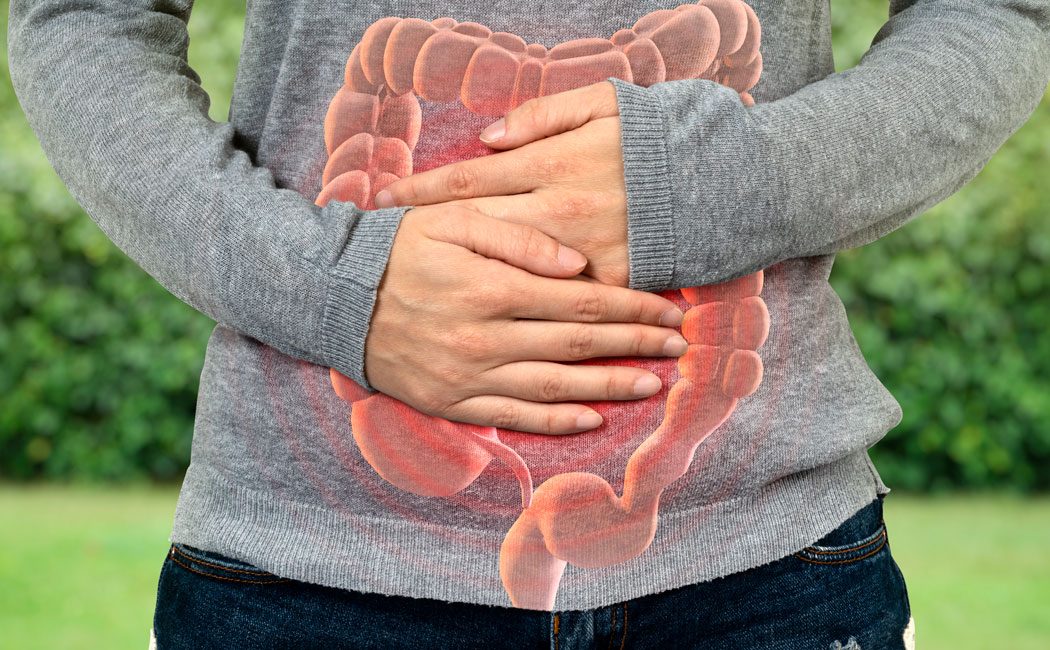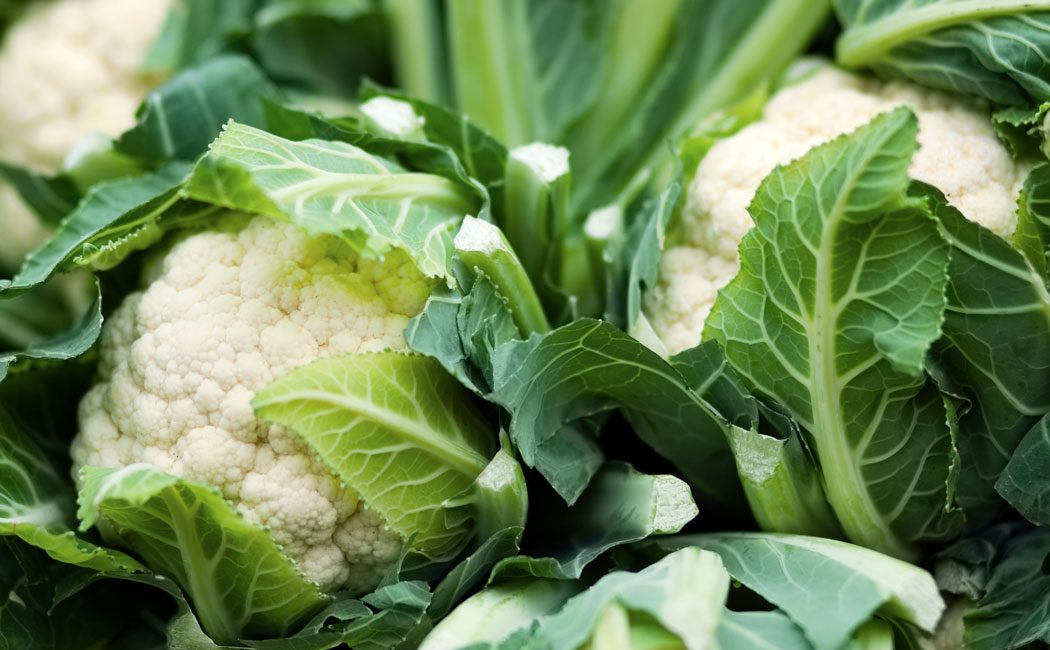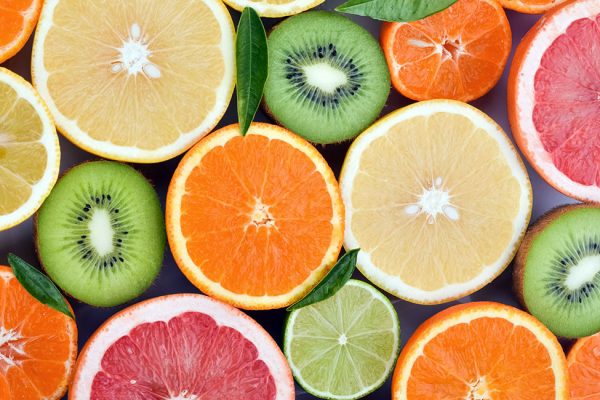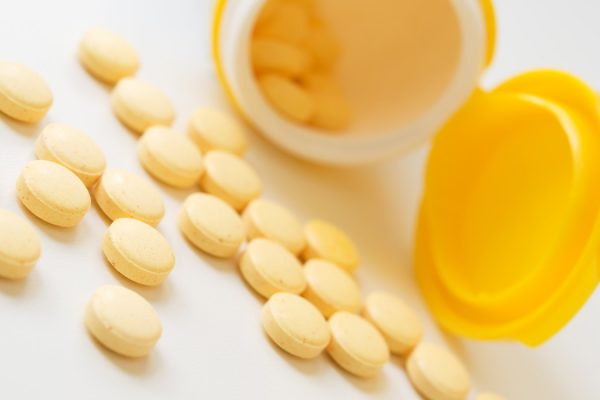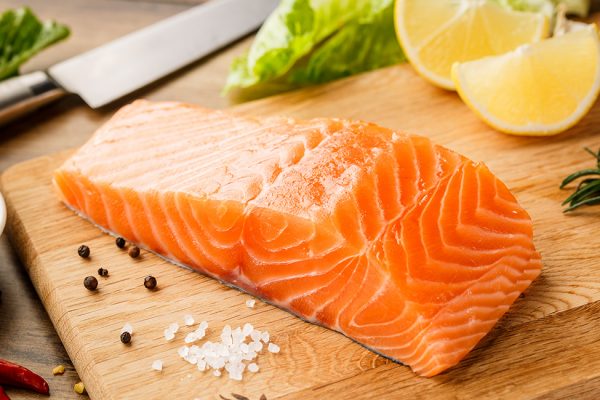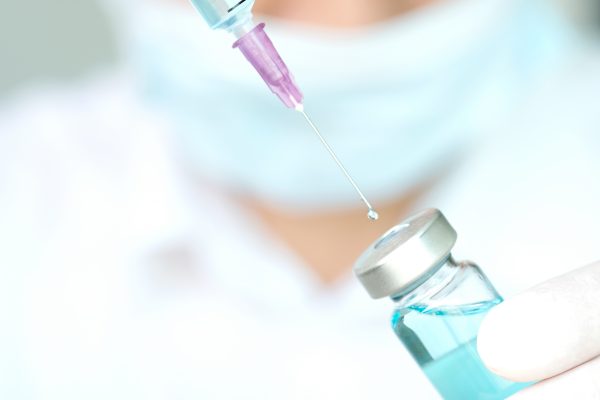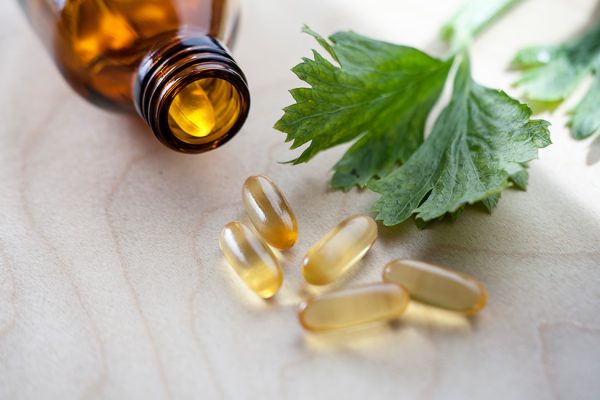Research Studies
Dr Kate Rheaume- Bleue.
She is a Canadian naturopathic physician, she wrote a book called Vitamin K2 and the Calcium Paradox. She is quoted as saying;
“I talked about vitamin K2 moving calcium around the body. Its other main role is to activate proteins that control cell growth. That means K2 has a very important role to play in cancer protection,” Rheaume-Bleue says. “When we’re lacking K2, we’re at a much greater risk for osteoporosis, heart disease, and cancer. And these are three concerns that used to be relatively rare. Over the last 100 years, as we’ve changed the way we produce our food and the way we eat, they have become very common.”
One study published in the journal Modern Rheumatology explained that Vitamin K2 has the potential to improve diseases like osteoporosis and rheumatoid arthritis.
According to a Dutch 2009 study, subtypes of K2 as MK-7, MK-8 and MK-9 can help reduce vascular calcification.
Dr Rheaume- Bleue says that deficiency in Vitamin K2 leaves you vulnerable to chronic diseases like; Dental Cavities, Varicose Veins, Osteoporosis, Heart Disease, Heart Attack and Stroke, Brain diseases, Inappropriate Calcification like heel spurs to kidney stones and Cancer.
The Vitamin K2, Vitamin D, Magnesium and Calcium Link.
Vitamins, minerals and amino acids do not work just by themselves, they are involved in a chain of events. In recent years Vitamin D has become the one trendy supplement to take, and rightly so. But, if we take vitamin D without other nutrients we’re probably wasting our time.
If we take Calcium supplements for bone health, you will need to keep the calcium moving and ensure that it doesn’t start depositing in unwanted places like arteries. Magnesium and Vitamin D are required to aid Calcium absorption and Vitamin K2 ensures that calcium is deposited into the bones where it’s needed.

